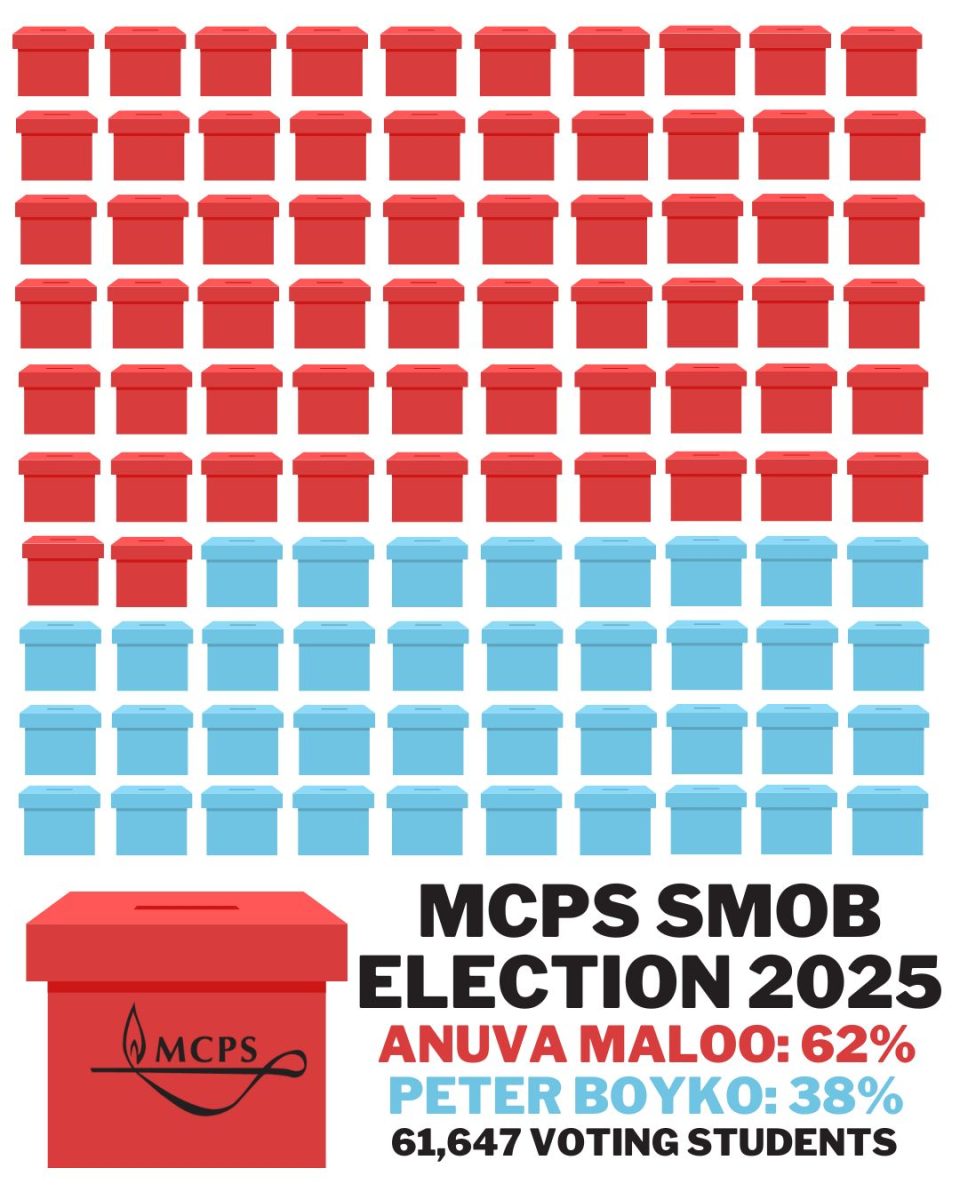Facebook and Twitter have recently come under intense scrutiny due to Russia’s purchase of ad space on these social media platforms. During the 2016 election cycle, a Russian troll farm called the Internet Research Agency created these ads in an attempt to sway American voters.
The security council investigation led by Robert S. Mueller III has been paying close attention to these two social media platforms after Facebook admitted that Russian-linked accounts had purchased $100,000 worth of advertising on their site.
In an effort to maintain transparency, Facebook turned over 3,000 Russian-bought ads to congressional investigators on October 2, 2017. While these ads did not support specific candidates, they initiated debate around American flashpoints like immigration and race.
Roughly 470 Russian accounts were taken down for posing as American activists and posting inflammatory messages on cultural issues like Black Lives Matter and gun control.
“It’s unsettling,” said RM Freshman Gabby Schneider. “As a citizen I don’t think that’s fair because they don’t live here, they’re not citizens and they’re influencing our citizens to make a choice that they might not have made if they hadn’t seen that ad.”
While Gabby feels as though Russians have no place in trying to influence American minds, RM Junior Rose Kelly views the issue differently.
“I understand that Russia has the freedom to do so. So while it does make me personally uncomfortable I understand in the abstract that that was something that was allowable,” she explained.
Facebook has been taking steps to limit Russian influence and avFoid government regulation of its site. Over the next year, 1,000 people will be hired for Facebook’s new global ad review team. The current advertising systems will be overhauled, and more insight will be given into the identity of those who purchase political ads on the network.
“It is a new challenge for internet communities to deal with nation-states attempting to subvert elections,” said Facebook CEO Mark Zuckerberg.
RM Senior Kunal Harmalkar shares the same opinion of many angry lawmakers and U.S citizens.
“The fact is is that even if you scroll past it when you read ads, even if it’s not in your conscious thought, they subliminally affect you. I think it’s really violating. I don’t want to be exposed to Russian propaganda when I go on Facebook,” he said.
Facebook is not the only technology company that has come under fire recently. Twitter has deleted hundreds of Russian-linked accounts on its platform, while Google is in the midst of an internal investigation about whether its advertisements played a role in Russian interference in the election.
There is evidence that the Russians may have used Twitter even more than Facebook. In addition to having fake American accounts, Russians used bot accounts spread false stories and news articles about emails from Democrats that were allegedly obtained by Russian hackers.
Unlike Facebook, Twitter allows automated accounts and does not require its users to provide their real name. There is now a black market that allows the creation of large amounts of Twitter bots that can be controlled by a single person.
“What we see over and over again is that a lot of the messaging isn’t about politics, a specific politician, or political parties,” said Laura Rosenberger, director of the Alliance for Securing Democracy. “It’s about creating societal division, identifying divisive issues and fanning the flames.”
In a world where the importance and prevalence of social media is rapidly increasing, the CEOs of these tech giants are adapting. Mr. Grosfield-Katz, an RM Theory of Knowledge teacher, feels as though citizens also bear responsibility in limiting the impact of these Russian hackers.
“People should compare information from many sources and do some research if the claims they are reading seem strange,” he said. “It’s a very hard, unnatural thing to do, and it takes time, but it’s extremely important. It’s very easy to believe things that you read or hear, but often they are completely false. And I think that everyone everywhere has a responsibility to consider that.”
Unforeseen complications such as these that have arisen during the digital age call into question what information Americans should trust when they go online. The discovery of Russian meddling in the US election through social media platforms is only the tip of the iceberg, and more steps will be taken to ensure that this doesn’t happen again.











